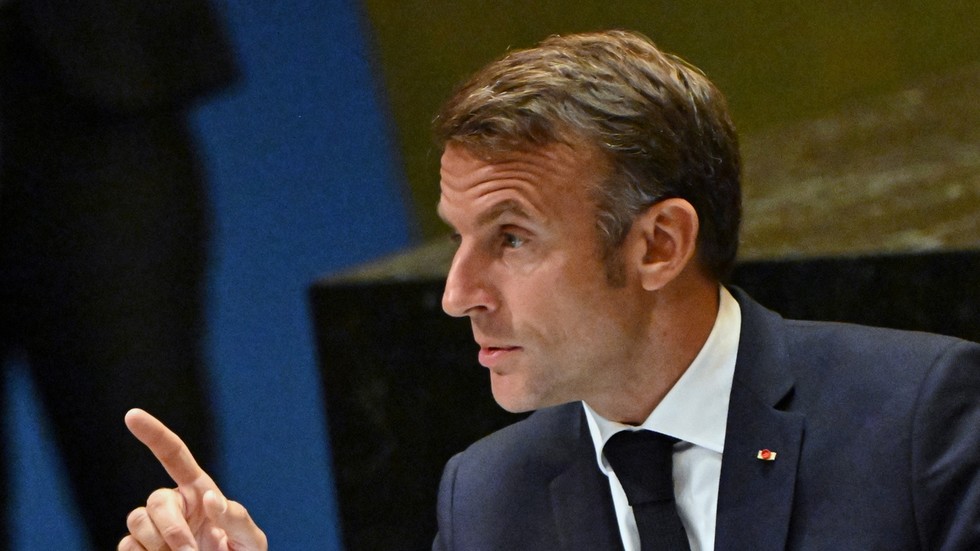French President Emmanuel Macron recently expressed his frustration over comments made about Israel during a confidential Cabinet meeting, which were subsequently leaked. The leak prompted rebukes from Israeli Prime Minister Benjamin Netanyahu. Macron reportedly stated that Israel should remember its origins as a creation of the United Nations, referencing the UN General Assembly resolution from 1947 that advocated for the partition of Palestine into Jewish and Arab states. He emphasized that this is “not the time to break away from UN decisions,” highlighting the ongoing tension between Israel and the UN regarding military actions in Lebanon, particularly focusing on Israel’s ground operation against Hezbollah.
In light of the leak, Macron took to a press conference where he chastised his ministers for their lack of discretion, insisting that they should adhere to ethical standards and refrain from sharing statements that are misleading or taken out of context. He described his disbelief at seeing his private comments publicized, stressing that his perspective on the Middle Eastern situation is well-articulated and does not require misrepresentation. The president’s remarks underline his position as a mediator in the regional conflict, signaling France’s ongoing diplomatic engagement in the area.
Netanyahu’s counterarguments were swift and pointed, as he reminded Macron that the establishment of Israel stemmed from its triumph in the War of Independence rather than a UN resolution. He highlighted the sacrifices made by soldiers, including Holocaust survivors, in securing the state’s existence. This exchange reflects a deeper historical and political contention regarding the legitimacy of Israel’s creation and its ongoing relationship with international governance structures, particularly in light of ongoing conflicts that pit Israel against both state and non-state actors in the region.
The tension between Macron and Netanyahu escalated in the days leading up to this exchange, with Macron accusing Israel of deliberately targeting UN peacekeepers, an assertion that provoked a heated response from the Israeli leadership. Macron’s call for a halt to the sale of Western weapons to Israel was particularly controversial, as it portrayed France as critical of Israel’s military tactics in Gaza and Lebanon. Netanyahu dismissed Macron’s views as shameful, framing Israel’s military operations as a necessary fight against what he termed the forces of “barbarism” supported by Iran, thus framing the conflict in stark moral and existential terms.
The political dynamics among Israel, France, and the larger international community continue to evolve as ongoing violence in the region complicates diplomatic relations. Macron’s efforts to secure an ethical stance for France reflect a broader trend among European leaders to navigate the delicate balance between supporting Israel and demanding accountability for military actions perceived as disproportionate or targeting civilians. As discussions around arms sales and international law emerge, the relationship between France and Israel appears increasingly strained amidst rising tensions in the Middle East.
Moreover, these incidents illustrate how national leaders often find themselves balancing domestic political pressures with international diplomacy. The fallout from the leaked comments may have repercussions beyond immediate foreign relations, potentially affecting how both nations’ citizens perceive each other’s governments and their roles in geopolitical conflicts. As Macron stands firm on his perspectives and Netanyahu counters with the historical narrative of Israel’s foundation, the dialogue between their administrations suggests a deepening rift that will require careful navigation to avoid further escalation in an already fraught regional landscape.

